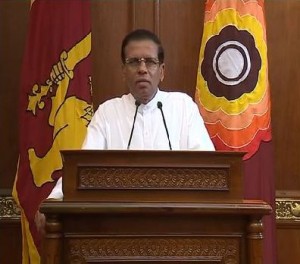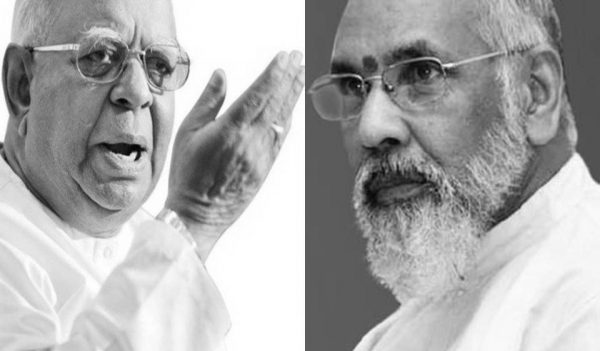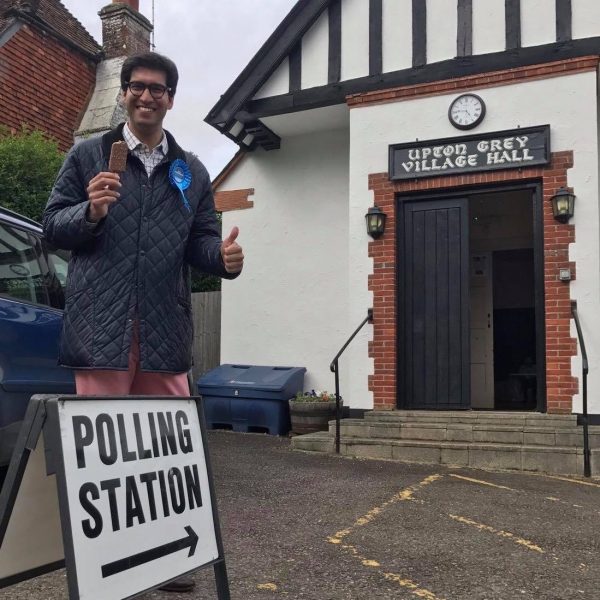by Tisaranee Gunasekara
“…the inexplicable actually happens.”
Tadeusz Borowski (This Way for the Gas, Ladies and Gentleman)
When Philip Pullman’s provocatively titled book, The Good Man Jesus and the Scoundrel Christ, came out, it was greeted by the British public not with death-threats, lawsuits or mob-violence, but words. In his own response to the book, Dr. Rowan Williams, the then Archbishop of Canterbury, neither screamed ‘heresy’ nor demanded a book-banning. His was a reasoned critique; praise and blame and, in conclusion, a reiteration of the literary superiority and the practical relevance of the New Testament.
It was not always so in England, in Europe and within Christianity. Once, and not so long ago, Mr. Pullman’s book would have been banned, and he would have faced incarceration, if not worse. The Christian West paid a heavy price for religious intolerance, in blood and devastation, in lost opportunities and retarded progress. The nadir of politicised Christianity and the theocratic experiment came with the Thirty Year War. Fought mainly along Catholic vs. Protestant lines, it claimed around nine million lives and turned Central Europe, its main battleground, into a wasteland, with survivors condemned to a life of destitution and barbarity, not excluding cannibalism.
When Christian Occident was mired in religiously-motivated bloodletting, Hindu, Buddhist and Islam Orient were places of relative tolerance. Asia, Africa or the Middle East never underwent the equivalent of a Thirty Years War or Roman/Spanish Inquisition. It was the East rather than the West which became a breeding ground for enlightened rulers whose political visions were far in advance of their times, from Ashoka to Akbar. The East did persecute the religious-other, but not universally or continuously as did Europe, and not with such unrelenting brutality. There were beheadings and incarcerations, but no systematic auto-da-fes or witch hunts. Perhaps the most potent symbol of that difference was the final Eastern outpost in the West, the city of Granada. Islamic Granada in Catholic Spain was a metropolis of mosques, synagogues and churches, gardens and libraries, Europe’s sole oasis of religious pluralism. In his lyrical drama Almansor, Heinrich Heine expressed in three short lines the transformation of Granada from a haven of tolerance into a hell of fanaticism, after it fell to Spain:
“I hear the poor old woman as she weeps –
She liked to eat roast goose on Friday, therefore
Now she herself is roasted, for God’s glory.”
Continue reading ‘Will the Sirisena-Wickremesinghe Administration Betray the People by Ceding the Stage to Extremism?’ »






























